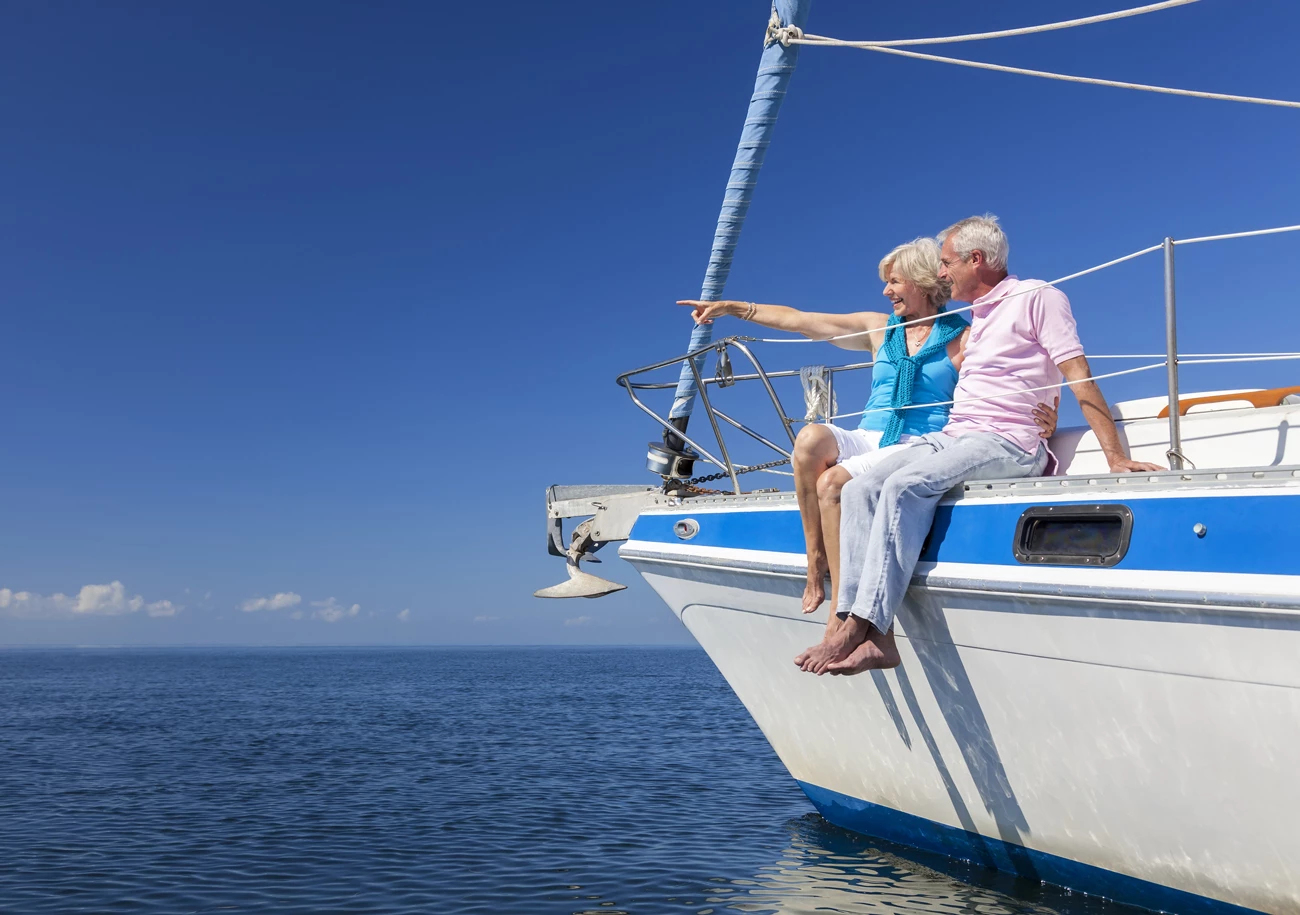04/09/2019 | Category: Travel Insurance

A cancer diagnosis can come as a real shock, but life doesn’t have to stop. Many people with cancer lead full and active lives – including going on holiday abroad.
Cancer is one of the most widespread medical conditions in the UK, with more than 360,000 new cancer cases in the UK every year. According to Cancer Research UK, that’s equivalent to someone being diagnosed with cancer every two minutes.
Most people who have been diagnosed with cancer will have no trouble travelling abroad. In fact, it can be a wonderfully restorative break from everyday life.
But while cancer may not affect where or when you go on holiday, it does mean there are certain things you should think about before you book your trip away.
Certain things like finding the right travel insurance with medical conditions might be obvious. But other things might be less so. To make things easier for you, we’ve put together a checklist for anyone with cancer who is planning to travel overseas.
1 Speak with a doctor first
The very first thing you should do before booking your holiday abroad is to speak with a medical professional. There are some key questions you’ll need to ask: Is it safe to travel? What precautions should you take while away? What should you do if you feel ill on your trip?
Having a conversation with your doctor will mean they can assess your situation and give specific advice tailored to your needs. Let them know if you are planning to travel by air (especially if you have recently had surgery), where you are planning to visit, and any activities you are hoping to do while away. You can also talk to your doctor about what to consider when looking for travel insurance for pre-existing medical conditions.
Doctors usually advise against travelling for six months after a bone marrow or stem cell transplant as you are at greater risk of getting an infection. However, most people with cancer can travel abroad with their doctor’s consent.
2 Find out if you’ll need any vaccinations before you go
When deciding where to travel you’ll need to bear in mind that some destinations require vaccinations. If you have recently had cancer treatment or surgery you may be unable to have certain travel jabs.
For example, live vaccinations (those which contain small amounts of a live virus or bacteria) could be harmful if your immune system has been weakened by cancer treatment. Inactivated vaccines (those containing a killed virus or bacteria) are safe even if you have a weakened immune system.
If you are travelling to a country that requires protection against malaria, dengue fever or the Zika virus, you can take anti-malarial medication in the form of tablets rather than vaccination. Your doctor can advise you about what you will need and the Cancer Research UK website has plenty of information about vaccines for travel.

3 Get the right travel insurance
Travelling with a pre-existing condition such as cancer makes travel insurance an absolute must-have. If you need emergency treatment while away and you don’t have insurance cover, you could be liable for the medical costs. In the USA, Canada, and China, these costs can be extremely high.
Luckily, getting the right travel insurance with medical conditions is easy. At Insurance Choice, all you need to do is answer some simple questions about your health and any pre-existing medical conditions and we will help you find the right level of cover to suit your needs. It’s worth remembering that the final cost of your cover doesn’t just depend on your health, but on the cost of healthcare in your travel destination.
Our travel insurance will also cover you for lost luggage, or if you have to delay or cancel your holiday due to a pre-existing medical condition. Find out more about the benefits of travel insurance with medical conditions here.
4 Check you can travel by air
If you have cancer and are feeling well, travelling by air shouldn’t be a problem. However, there are some situations which mean you cannot travel abroad by air. Cancer Research UK advises against flying after surgery, if you have a low platelet count, if your red blood cells are low, or if you get breathless after light exercise.
If you are given the green light to fly, be aware that cancer can increase the risk of blood clots. Make sure you reduce your risk of developing DVT during a flight by wearing support socks, drinking plenty of water, and moving around the cabin at regular intervals.
Always speak with a doctor before booking any flights and contact your airline to arrange any assistance such as in-flight oxygen, early boarding or help at the departure gate. Make sure you have travel insurance for medical conditions in place before you jet off, too.

5 Get your medication ready
There are all sorts of medications that are used to treat cancer and reduce the symptoms. Strong painkillers such as diamorphine are known as controlled drugs and certain countries have limits on the amount you can carry with you. Make sure you have proof of your prescription and condition (a letter from your doctor) when travelling abroad and speak with your GP about how to take your medication while you’re away. Find out more about travelling with controlled drugs on Gov.uk.
Always carry controlled drugs in your hand luggage in their original packaging and with the letter from your doctor. Liquid medications should also be kept in your hand luggage as they could get damaged in the hold (as it gets very cold). Take more medication than you need, and spread it across different bags just in case any of your luggage gets misplaced.
6 Look after yourself when travelling abroad
You want to have fun on your holiday, but when travelling abroad with cancer, you also want to take care of yourself. Here are some tips to help you do that:
· Reduce the risk of infection by washing your hands regularly
· If you are travelling to a country with mosquitos, always wear mosquito repellent (even if you’ve taken anti-malarial tablets). Bites can become itchy and infected and are best avoided
· Protect your skin from the sun by using strong SPF and keeping sensitive areas of your body (especially after radiotherapy) covered by clothing at all times
· Make sure fatigue doesn’t spoil your holiday. Get plenty of rest and avoid strenuous activities
Whatever your current health situation, Insurance Choice is a specialist in non-standard travel insurance, and can help you find the right travel insurance with medical conditions to fit your needs. We can arrange cover for most medical conditions and have no upper age limits on our policies.
Get a quote from us today and see where in the world your next holiday will take you.
